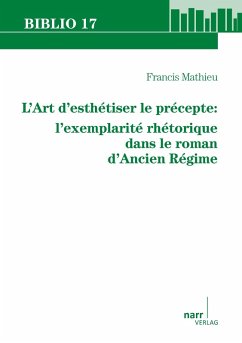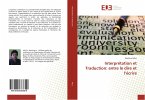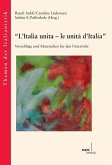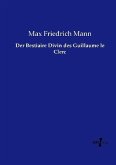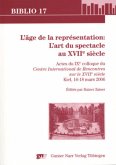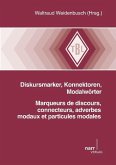The book sheds new light on the budding poetics of the 17th-Century novel by showing that rhetoric constitutes one of the founding principles of the theory of this emerging genre. Applying rhetoric to literary analysis provides an innovative theoretical framework with which to analyze the plethora of early modern novels that were written to edify readers. The author shows that the theorists of the novel and many novelists proposed to employ rhetoric to stealthily instruct, indoctrinate or influence readers with the help of a complex and codified form of exemplarity. He thereby analyzes the mechanisms through which the example brings to life the novelists' precepts by calling upon readers' imagination, passions and senses. The author defines this rhetorical operation as a novelistic "estheticization" of the precept, and argues that it is essential to the prose works that abide to the rule of instructing readers. In addition, the author offers new interpretations and original insights on some of the most prominent works of French literature, like Lafayette's La Princesse de Clèves and Rousseau's La Nouvelle Héloïse.
Hinweis: Dieser Artikel kann nur an eine deutsche Lieferadresse ausgeliefert werden.
Hinweis: Dieser Artikel kann nur an eine deutsche Lieferadresse ausgeliefert werden.

